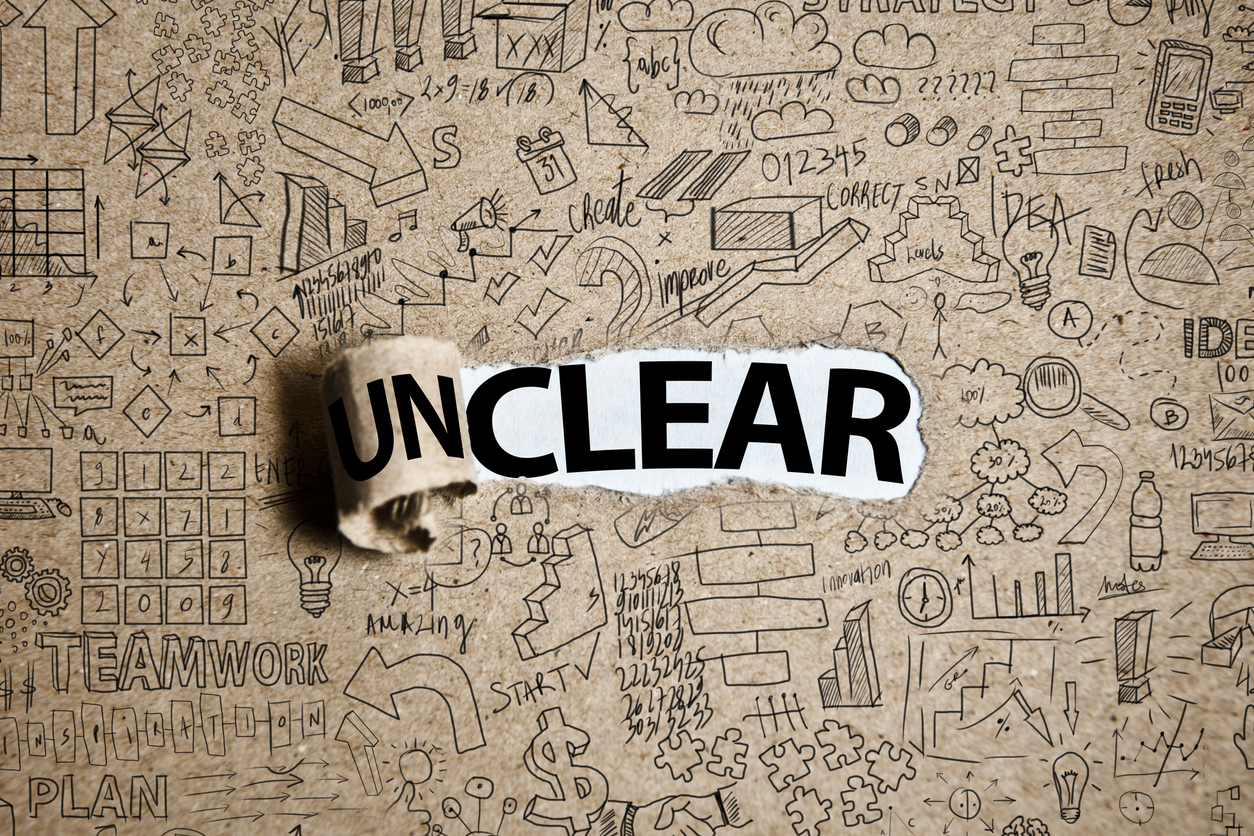Policyholders and their agents need to make certain that an application for insurance coverage has the correct answers and information. While some states require the intent of fraud in the application to rescind coverage, many states merely require materially wrong information to void an otherwise valid claim. Indeed, in Florida, even an unintentionally wrong answer which results in a higher premium charge can be the basis for denying an otherwise valid claim, even though the wrong information and the loss have no relationship at all.
The reason for this warning to policyholders and risk managers is a very recent case, Pope v. Mercury Indem. Co., 2009 Ga. App. LEXIS 448 (Ga. Ct. App. Apr. 9, 2009). The simple facts leading to the dispute are:
"On July 5, 2005, the Popes’ property sustained significant tornado damage. After they made a claim under the Policy for that damage, Mercury sent a claims adjuster to the Popes’ residence. The claims adjuster took pictures of the damage, and one of those pictures showed the swimming pool with the diving board reinstalled. Mercury thereafter initiated the current action, seeking to rescind the Policy based upon the Popes’ material misrepresentation that they had permanently removed their diving board."
Now, I know that many are wondering what a tornado loss has to do with an insurer’s liability concern about a diving board. The answer from the insurer’s perspective is very important–the insurer would not have provided any coverage if a diving board was present. Obviously, the existence of the diving board is "material" to the insurer. Even though the diving board had nothing to do with the tornado loss, in most states the misrepresentation does not have to concern the loss. The Georgia Court noted this when discussing its reasons for finding no coverage existed for the tornado loss.
The Pope Court also quoted fairly longstanding Georgia statutory and case law:
"Under OCGA § 33-24-7, "[m]isrepresentations, omissions, concealment of facts, and incorrect statements" made by an insured during negotiations for an insurance policy will bar recovery under that policy where they were "[m]aterial either to the acceptance of the risk or to the hazard assumed by the insurer; or" where "[t]he insurer in good faith would . . . not have issued the policy or contract . . . if the true facts had been known to the insurer. . . ." OCGA § 33-24-7 (b) (2), (b) (3). To avoid coverage under this statute, "the insurer need only show that the representation was false and that it was material." (Punctuation omitted.) White v. Am. Family Life Assur. Co… "A material misrepresentation is one that would influence a prudent insurer in determining whether or not to accept the risk, or in fixing a different amount of premium in the event of such acceptance… While ordinarily the question of materiality is for the jury, "where the evidence excludes every reasonable inference except that [the misrepresentation] was material, [the issue becomes] a question of law for the court."
In this particular case, it appeared the policyholders knew the installation of a diving board was material:
"The Popes further argue that summary judgment was inappropriate because they were never informed "that the presence of a diving board was material to [Mercury’s] decision to provide [them] with" homeowners insurance. The evidence, however, simply does not support this assertion. Rather, it shows that a notice of cancellation was mailed to and received by the Popes; that thereafter their agent informed them he needed a picture of their swimming pool without the diving board; and that after they provided the agent with that picture, they were aware that their insurance with Mercury had been continued. Additionally, Mr. Pope freely admitted that, after he gave the picture of the swimming pool without the diving board to Woodworth, he asked him what effect the reinstallation of the diving board would have on the Popes’ homeowners policy. All of this evidence shows that the Popes were aware that the presence (or absence) of the diving board was material to Mercury’s decision to insure them.
Moreover, the Popes’ argument ignores the fact that they were obligated to deal with their insurance company truthfully, regardless of whether they thought the facts in question were material… Additionally, OCGA § 33-24-7, does not require that an insurer prove the insured’s knowledge of either the materiality or the falsity of the misstatement or omission at issue. Nor is the fact that the Popes’ loss was unrelated to their use of the diving board relevant in determining whether their misrepresentation regarding the board’s removal should void coverage. Celtic Life Ins. Co. v. Monroe… ("O.C.G.A. § 33-24-7 (b) does not require that the information concealed be connected to the ultimate cause of the loss")…"
What is the lesson to be learned? Insurance applications are very important documents. Mistakes, wrong information, or misrepresentations can lead to denials of coverage, even if the loss is not related to the wrong application information. Agents need to stress accuracy in the information customers provide to the insurance company. I do think that unintentionally wrong information should be a basis for denial of coverage after a loss because that essentially makes application information a "warranty." Many states have statutes that apply this old contractual requirement to modern insurance contract formation.
Policyholders need to spend more time with their agents discussing application information. Agents can help by warning their clients of the possible ramifications from providing wrong answers.



